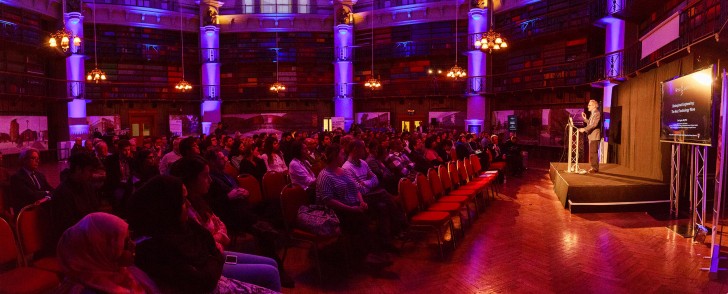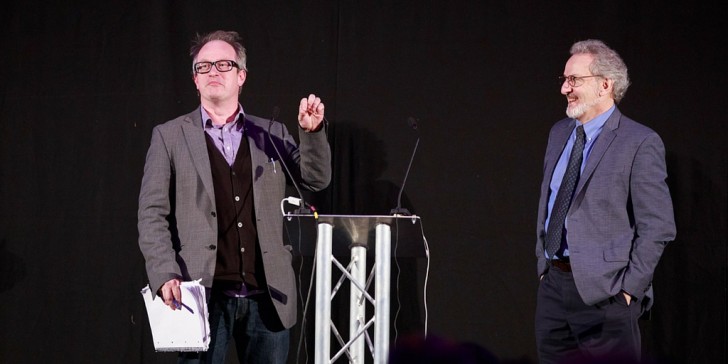Consolidating the future of the NHS
Consolidating the future of the NHS
The NHS England planning guidance was published at the end of March, and the key word in the document is…


Einstein said “To raise new questions, new possibilities, to regard old problems from a new angle, requires creative imagination and marks real advance in science.” This is exactly what Prof Donald Ingber and his team at the Wyss Institute in Harvard are busy doing and they are changing the world. During a wide ranging lecture last week (hosted by Institute of Bioengineering and the Life Sciences Initiative at Queen Mary University of London), Prof Ingber spoke about organs on microchips; programmable nanomaterials; targeted delivery of vascular therapeutics and even wearable shoe inserts that improve balance (an exciting development for those of us working in adult social care).
The content was a heady mix of innovation, inspiration and, at times, confusion but what struck me most was the creativity and desire to challenge the status quo that is at the heart of the institute’s work. In particular, he raised three key points that are relevant to the public sector:
Prof Ingber said last week that “Science isn’t about learning facts; it is about having ideas.” It is time for the public sector to stop pointing at historical facts and truths about who should be doing what and analysing how ready they are for change. It is time think more like scientists – to open up and be brave about finding the new ideas that will really make the difference.